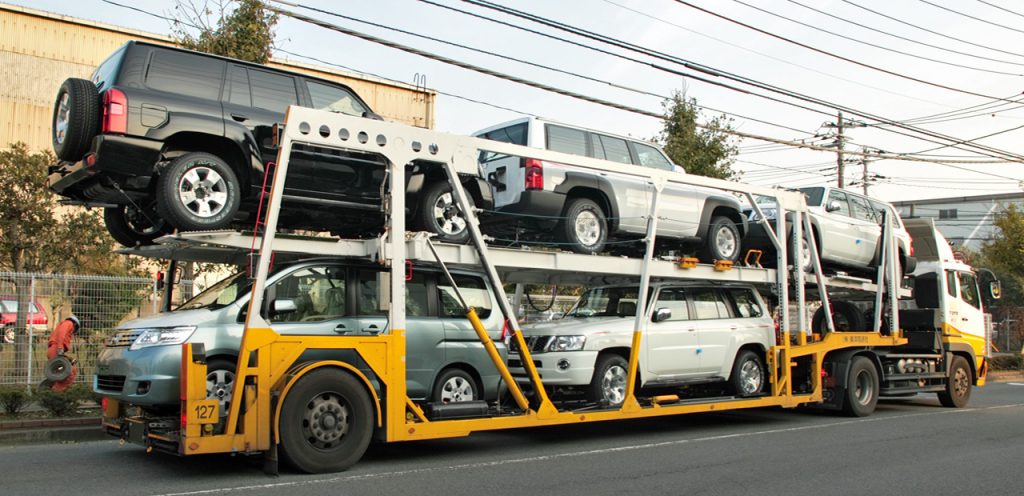
Kenya’s Automobile Imports Regulations
Kenya’s automobile sector relies heavily on Japan. When it comes to buying a used car, Kenyans look to the Japanese market since it offers a better variety and a wider range of automobiles at cheap pricing. In Kenya, finding automobile spare parts is relatively easy.
There are a few restrictions and regulations that must be followed when importing a secondhand automobile into Kenya. The foregoing are some guidelines to keep in mind when importing a secondhand Japanese car into Kenya:
Inspection for roadworthiness
Kenya is a significant market for used automobiles imported from Japan. The Kenya Bureau of Standards (KEBS) has selected JEVIC to undertake pre-export Road Worthiness Inspections (RWI) of Japanese used cars as well as cars from other countries such as South Africa, Singapore, the United Arab Emirates, and the United Kingdom in the Republic of Kenya.
A safety and mechanical inspection of the used automobiles is required. The mileage on the vehicle’s odometer must match the mileage on the paperwork. Fraud tampering or cluster replacement are not permitted.
Vehicles with age restrictions
The vehicle must be under the age of eight years. There should be no more than a year between the registration date and the manufacturing date.
Right-hand-drive automobiles
Right-hand drive vehicles must be imported into Kenya. Left-hand-drive cars are not allowed to be registered unless they are used for a specific purpose, such as ambulances, fire tenders, or huge construction vehicles that are imported for projects and then donated to the Kenyan government.
- All used automobile imports, including those belonging to returning residents, diplomats, and governmental workers, must meet the conditions outlined below.
The following documents are required when registering used autos at the port:
- Logbook from the nation of origin. A Certificate of Export issued by Dubai Police or any other authority will not be accepted as a substitute for a foreign log book by the Kenya Revenue Authority. If the logbook is written in a foreign language, Customs will require an English translation issued by the corresponding Embassy, High Commission, or consular operating in Kenya to validate the foreign logbook.
- Commercial invoice in its original form.
- Certificate of Inspection by Japan Export Vehicle Inspection Center (JEVIC)
- Original Bill of Lading.
- Any other documents that Customs may require
- Returning Residents migrating from somewhere outside Kenya to Kenya may transport in one exempt motor vehicle, except buses and minibuses having a seating capacity of more than 13 passengers and a load carrying capacity of more than two tonnes, if the following criteria are met: –
- The car is owned and registered in his and/or his spouse’s names, and if the vehicle was purchased on a hire purchase agreement, the first instalment was paid and delivery taken at least 360 days subsequent to importation.
- The person has attained the age of eighteen years.
- He drove the vehicle for at least three hundred and sixty days outside of Kenya (excluding the period of voyage in the case of shipment).
Duty and Taxes :-
- Import Duty :- 25% of the CIF value of the vehicle.
- Excise Duty: – 20% of the (CIF value + Import Duty).
- VAT :- 16% of the (CIF value + Import Duty + Excise Duty).
- Import Declaration Fee (IDF) of 2.25% of the CIF is also charged subject to a minimum of KSH. 5,000 payables in advance on application.

